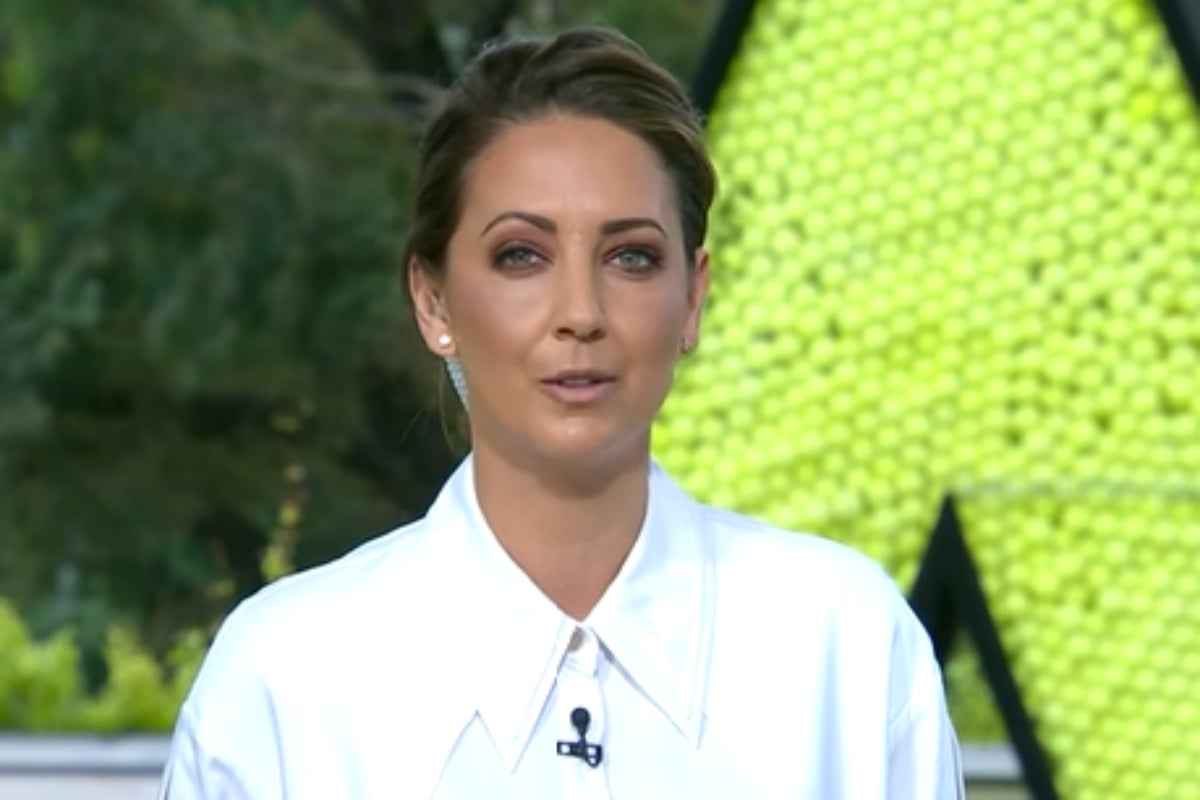
It’s almost a week out from January 26 and once again the debate is raging over whether it’s a problematic date to celebrate Australia Day.
Of course, currently, Australia Day marks the arrival of The First Fleet in 1788. Led by Captain Arthur Phillip, the fleet declared that the land they had ‘discovered’ belonged to no one. In turn, they dispossessed all Indigenous Australians.
On Thursday morning, Today show entertainment reporter Brooke Boney, who is herself Indigenous, added her voice to those who believe the date should be changed.
When asked about the issue by co-hosts Georgie Gardner, Deborah Knight and sports reporter Tony Jones, she spoke about how she personally sees the day.
Boney said despite feeling like she had “more reason than anyone else to love this country as much as I do,” as the daughter of a single mum with six kids who’s now on national television, she couldn’t celebrate Australia Day as it is now.
The proud Gamilaroi woman then pointed to some confronting statistics about Indigenous Australians.
“This is the best country in the world no doubt,” she said.
“But I can’t separate the 26th of January from the fact that my brothers are more likely to go to jail than they are to go to school.
“Or that my little sisters and my mum are more likely to beaten and raped than anyone else’s sisters or mum. And that started from that day.
“So for me, it’s a difficult day and I don’t want to celebrate it.”
Watch Brooke’s impassioned speech:

Top Comments
Yes, before Australia Day, Aborigines were living in a 'sunshine and lollipops' utopia with no violence or bad things happening, and all living in perfect health to ripe old age. European settlement has brought nothing of value to Australia.
They certainly weren't being massacred in huge numbers by Europeans.
No, but like most cultures they did a good job of murdering each other.
No, just between tribes. And every country or race has bad things in history, but there is much to celebrate too. Unless you wish we were all living like aborigines pre European arrival.
There are some shocking accounts written by early settlers and non English explorers about the violence towards indigenous women by their male (and sometimes ther women) partners. Unfortunately, that violence continues today. Tribal warfare was also common as with most indigenous tribes here in Australia, North/South America and Africa. Not sure why historical fact is not allowed to be discussed without accusations of racism.
Good luck there Brooke, rocking the boat on saccharine, commercial breakfast television. Refreshing to actually have an Indigenous voice on commerical tele! Just a shame Federation was on 1 Jan, otherwise it would be an ideal day to recognise as Australia Day but since its already a public holiday, Australians won’t take too kindly to ripping a public holiday away from them. Australia Day now just seems such a divisive day , and just a little bit bogan now, so I no longer celebrate. It’s a shame as we should celebrate our country but not if it brings pain and hurt to so many.